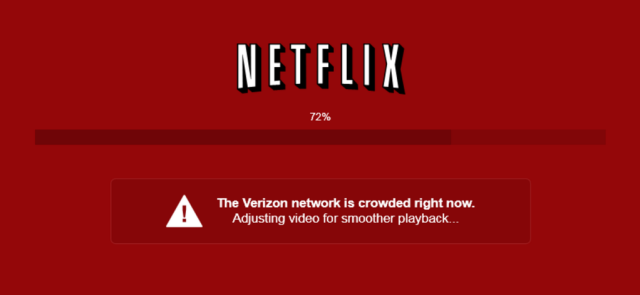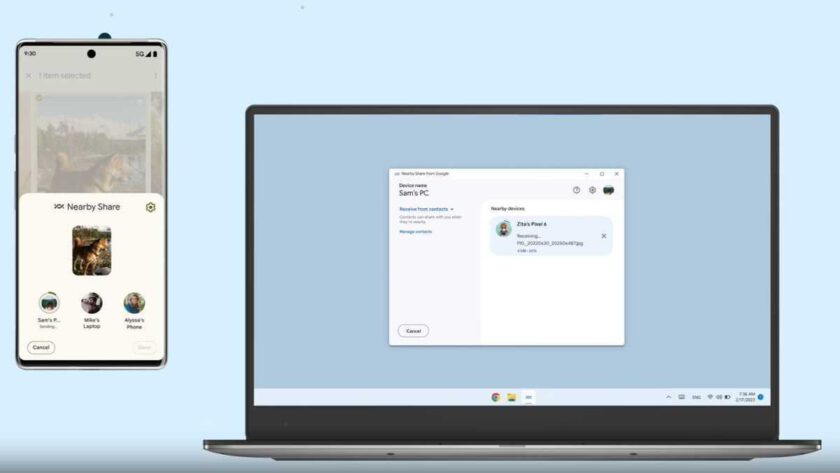The Wall Street Journal last week confirmed a researcher’s findings that the video giant had been secretly throttling traffic reducing the default bitrate to 600kbps in order to help users stay under their data caps on Verizon and AT&T’s mobile networks, and has been doing so for the last five years. The practice does not extend to Sprint or T-Mobile , who Netflix feels are more “consumer friendly.”
Netflix’s admission comes only a week after T-Mobile USA CEO John Legere said that AT&T and Verizon deliver Netflix video at a resolution of only 360p. AT&T and Verizon responded that they don’t downgrade the quality of video, and it turns out that Netflix is the one doing the bitrate capping.

The Netflix also admitted that it had failed to disclose the practice to customers or the FCC, which enforces the net neutrality rules Netflix pushed hard to have expanded in last year’s controversial rulemaking, the revelations of a few details in a blog post.
“We believe restrictive data caps are bad for consumers and the Internet in general, creating a dilemma for those who increasingly rely on their mobile devices for entertainment, work and more,” Netflix wrote. “So in an effort to protect our members from overage charges when they exceed mobile data caps, our default bitrate for viewing over mobile networks has been capped globally at 600 kilobits per second. It’s about striking a balance that ensures a good streaming experience while avoiding unplanned fines from mobile providers.”
The long-secret throttling revelations are not the first time the company has been busted for what is at best a double standard and at worst a serious violation of anti-competitive and antitrust law, as well as the very FCC rules that company spearheaded. Reports Forbes
Adapted from Forbes and ARStechnica




